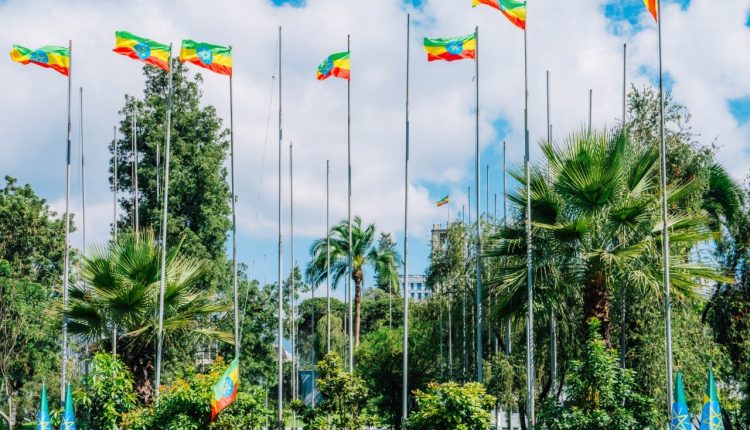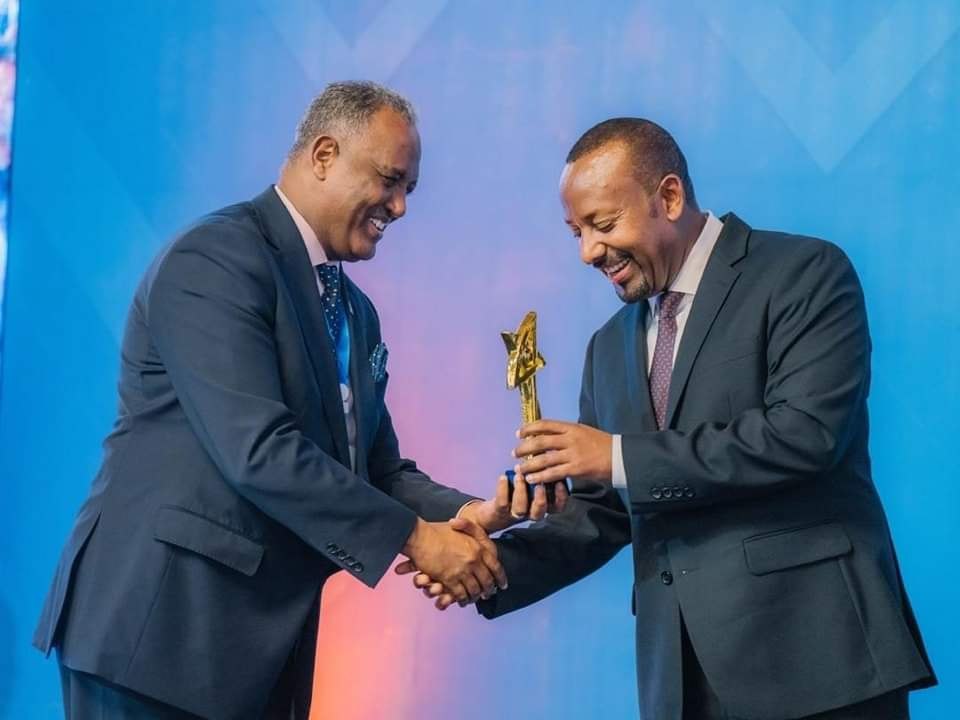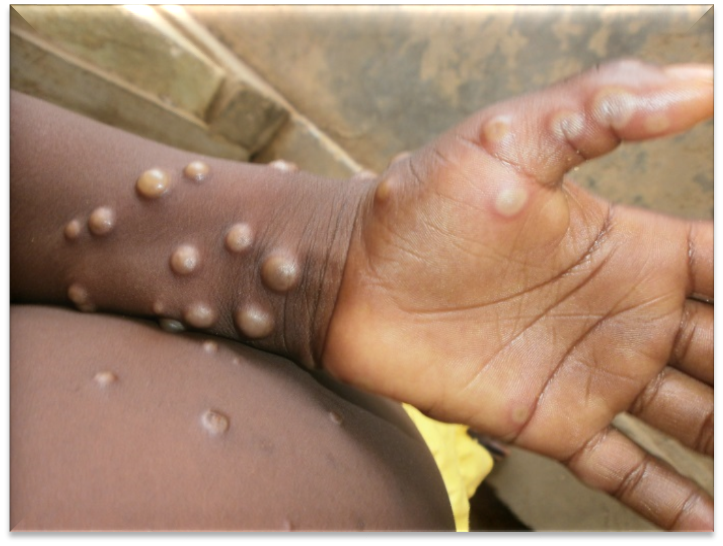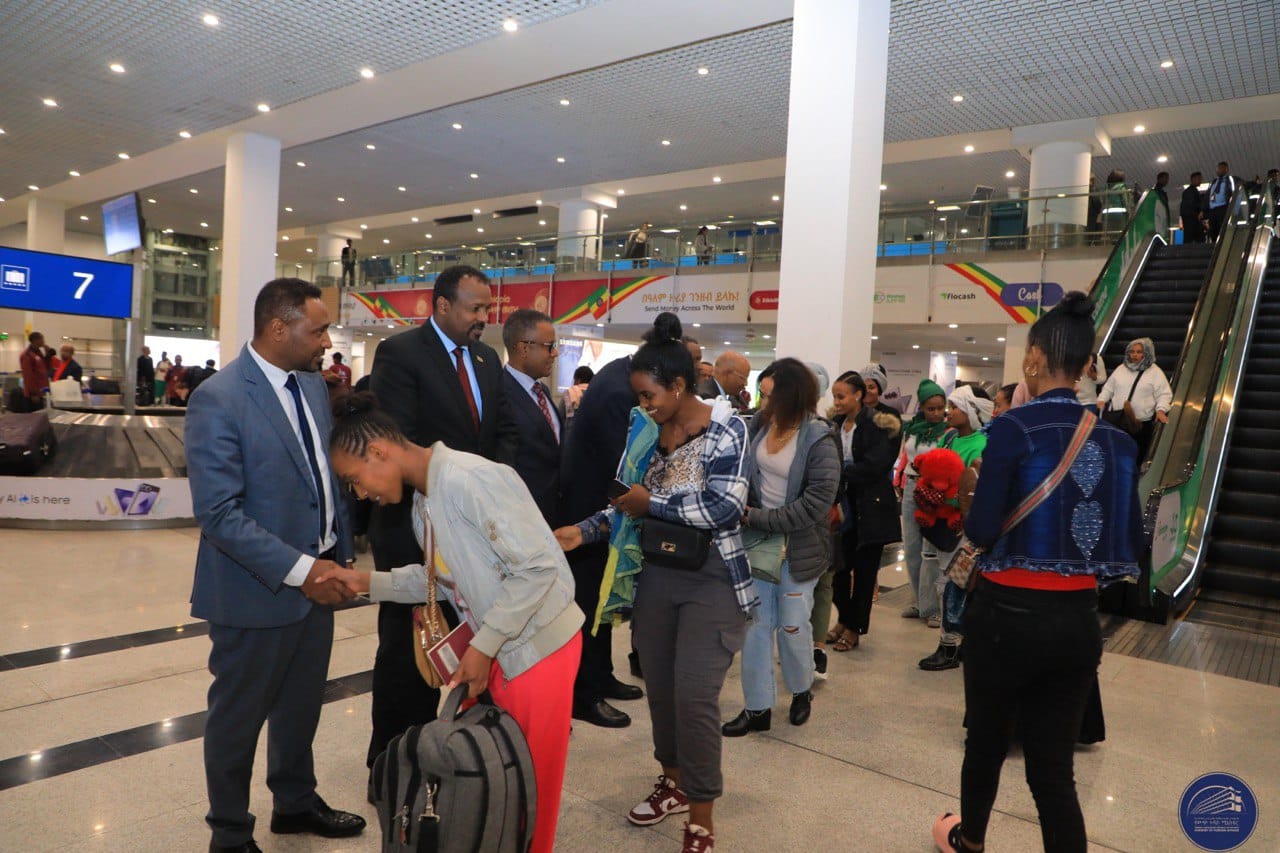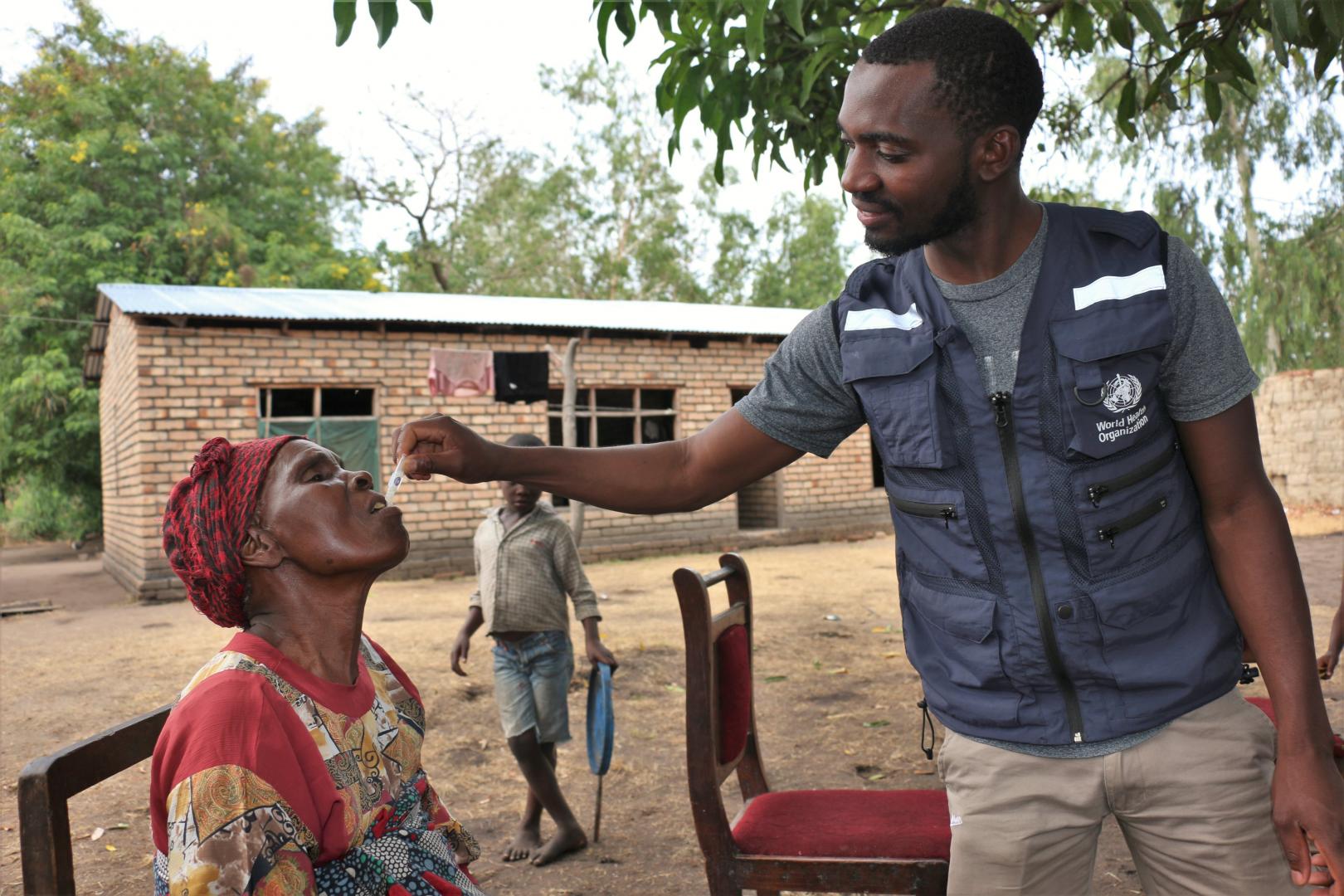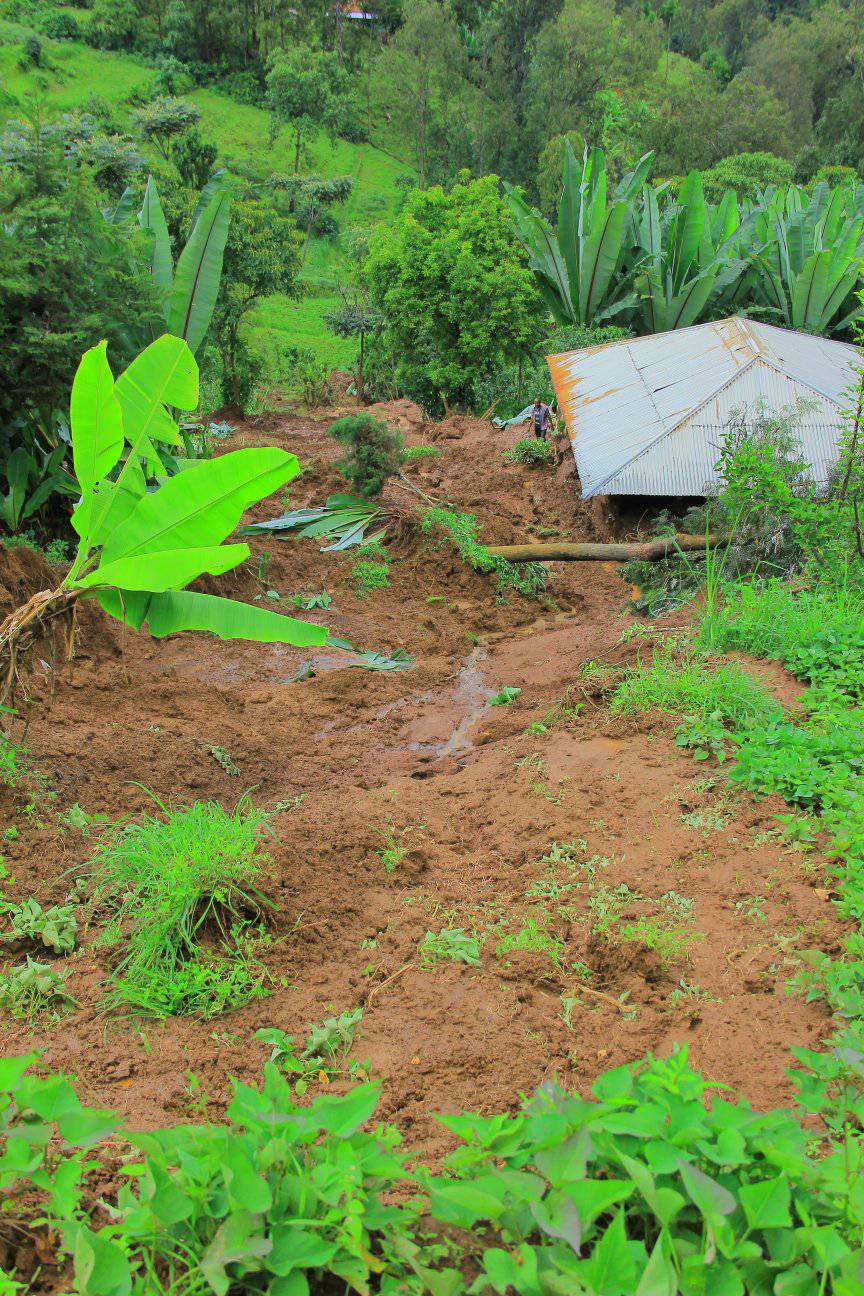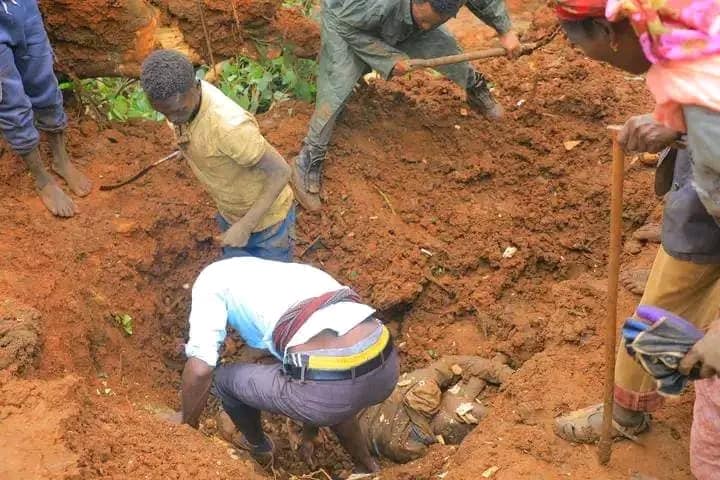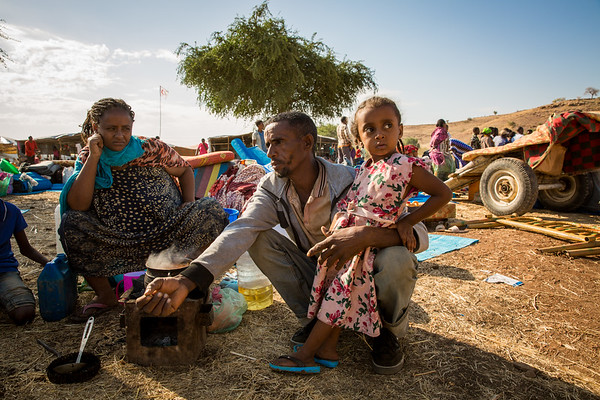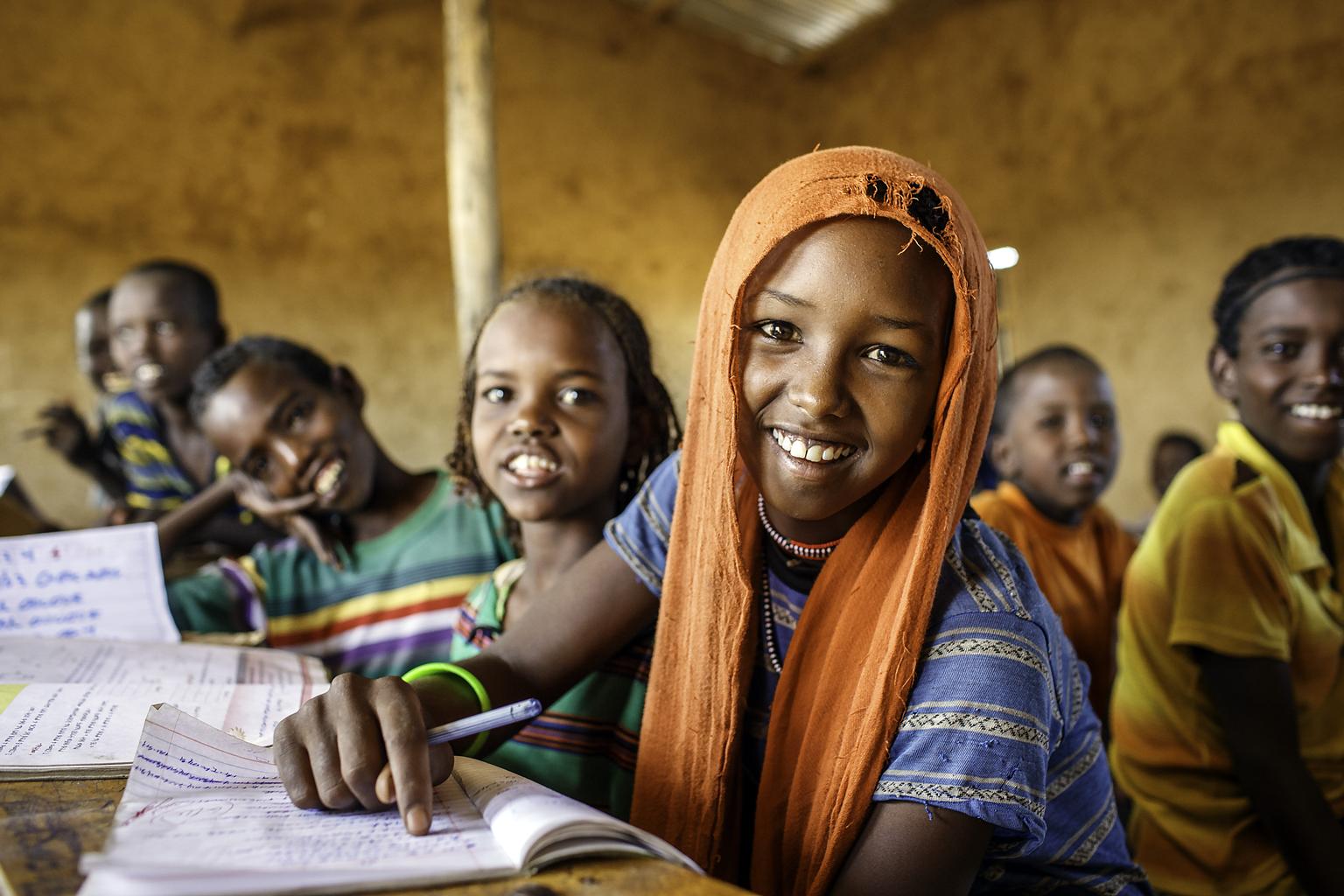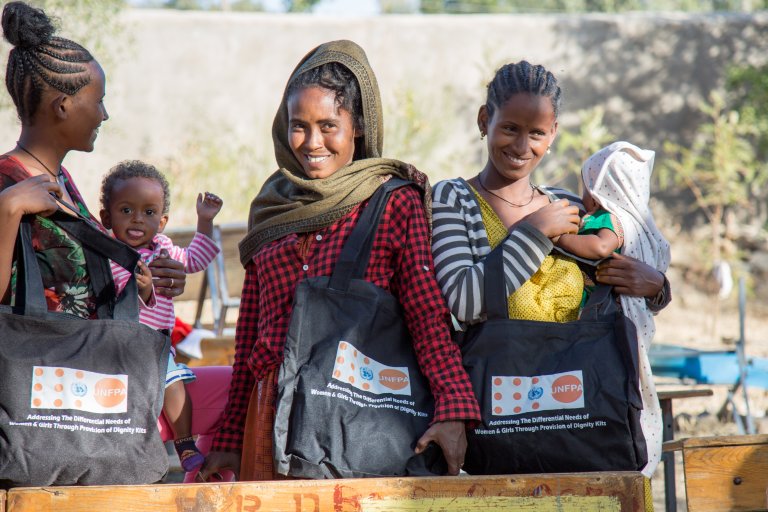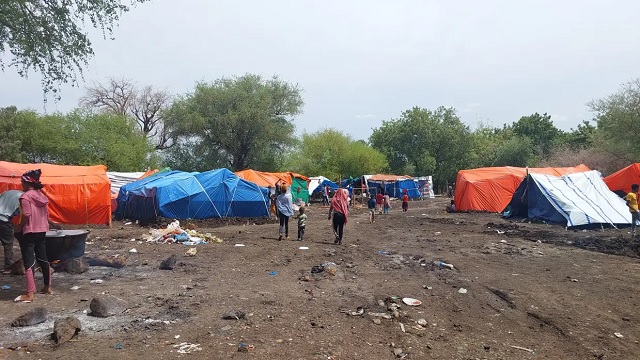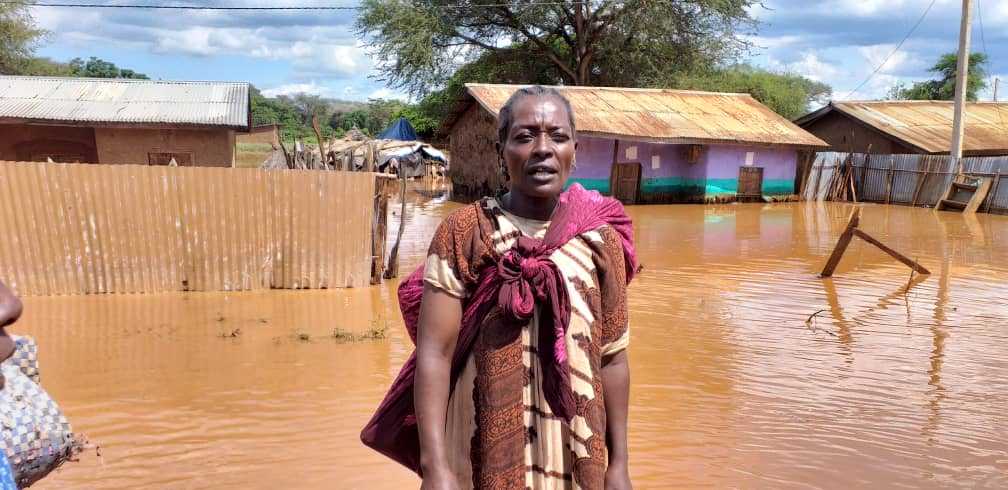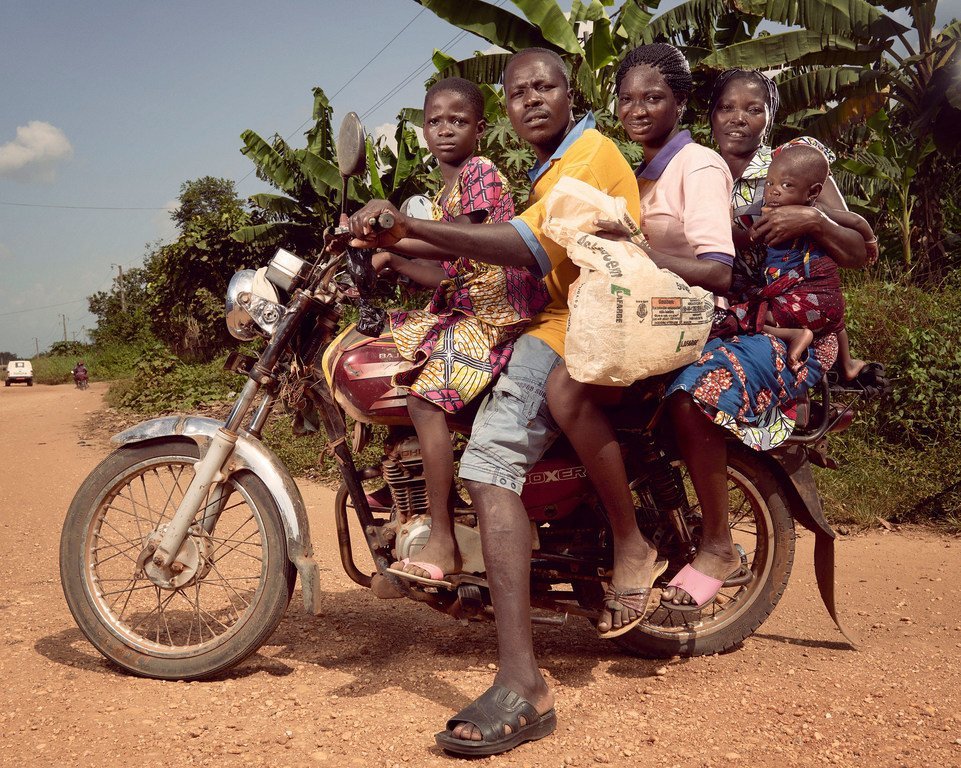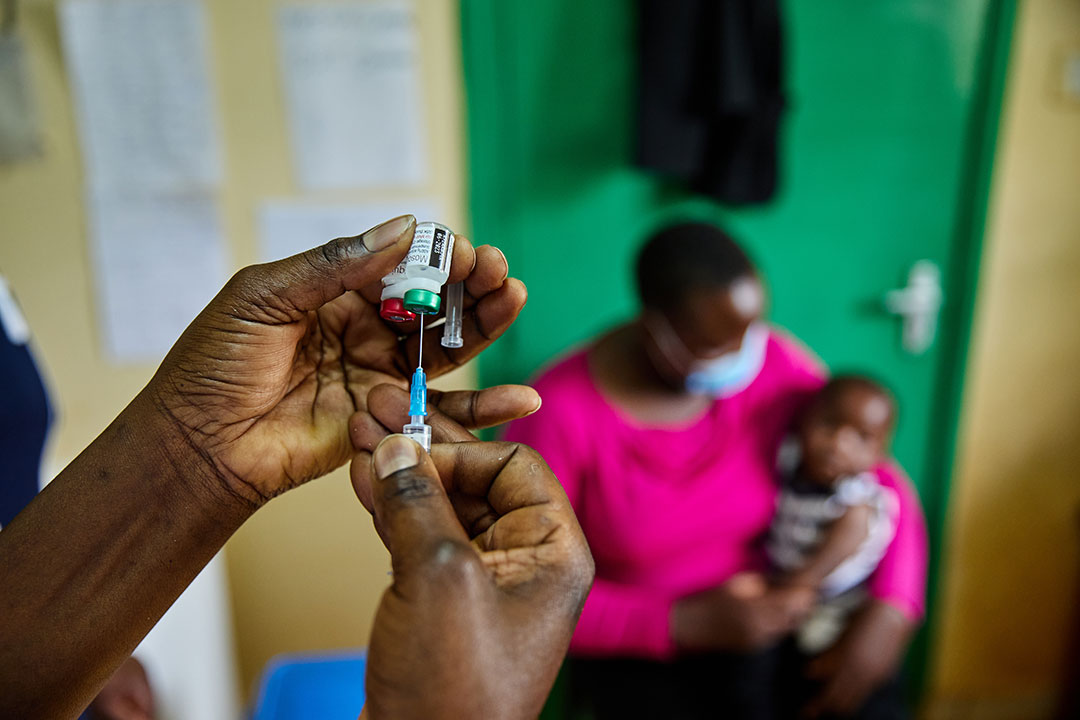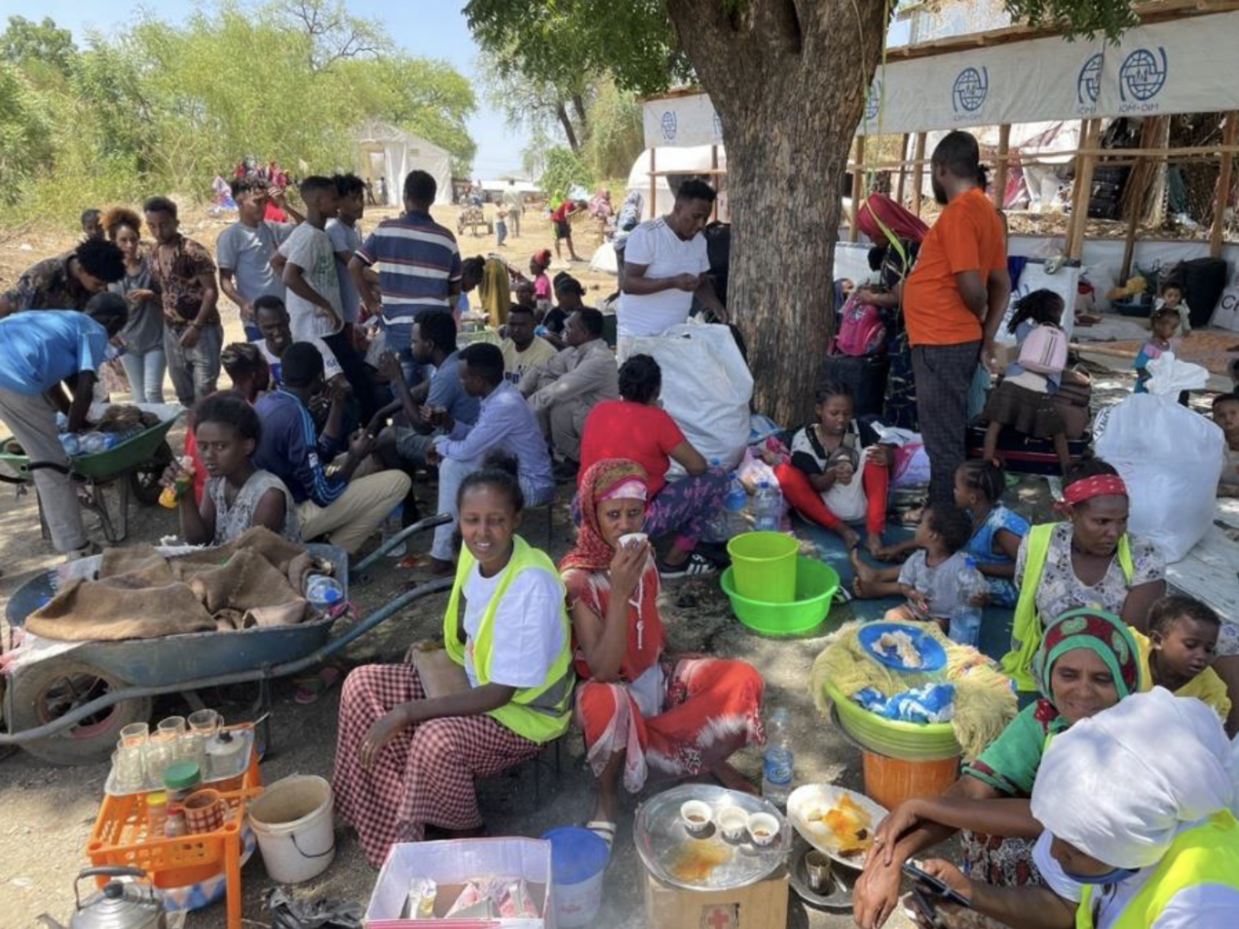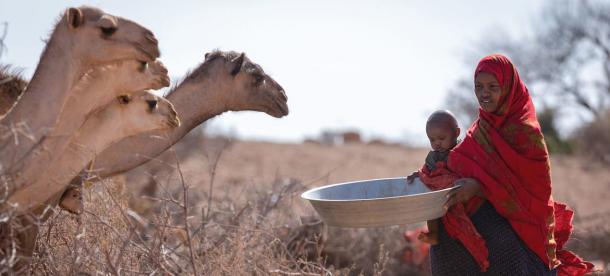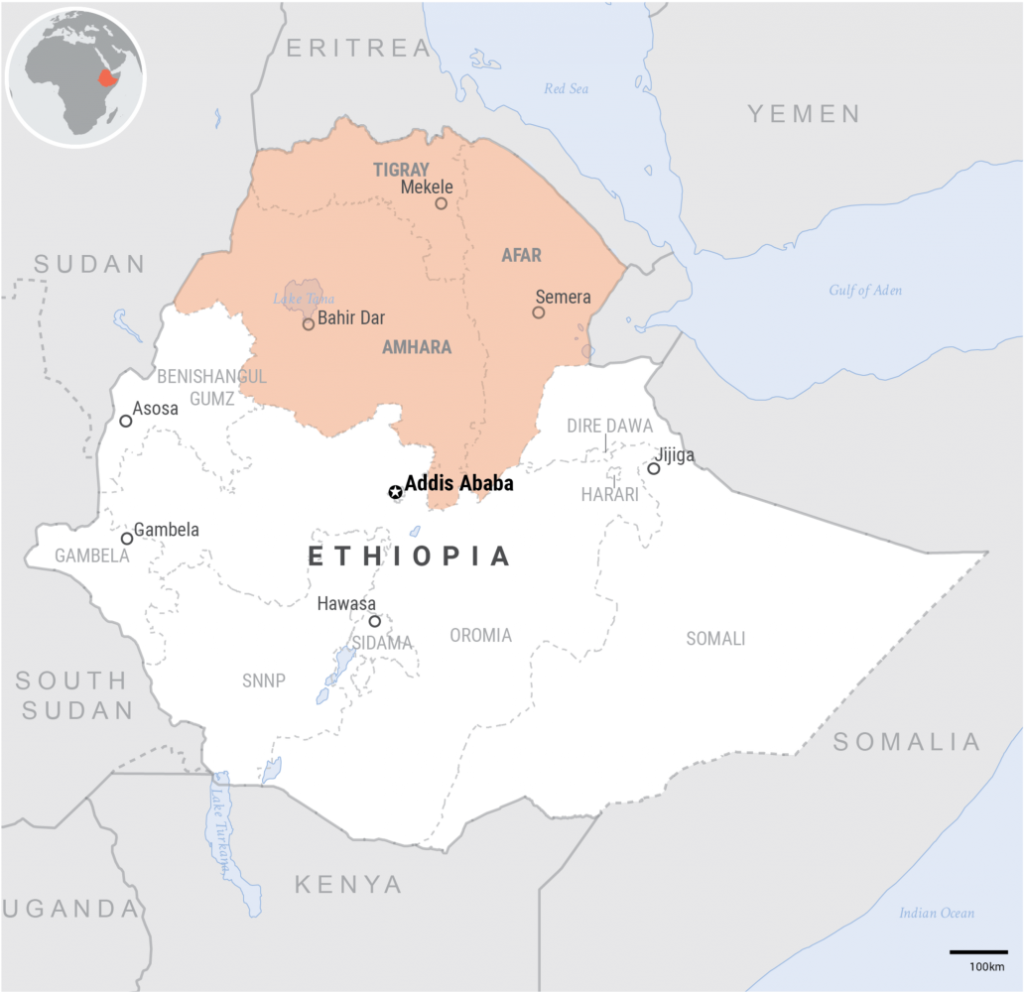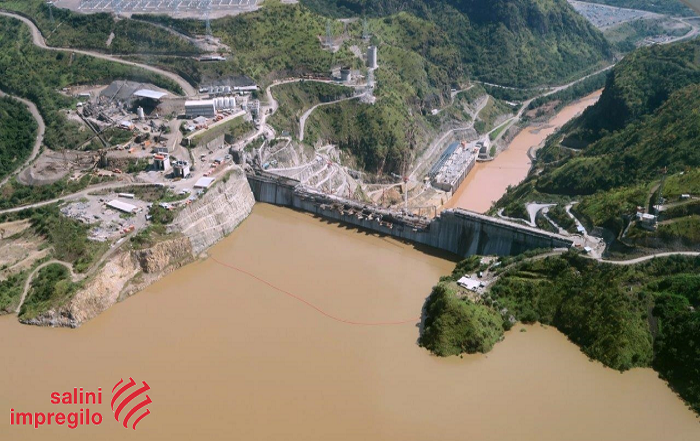
ADDIS ABABA: January 10 (EI) – The final tripartite meeting among Ethiopia, Egypt and Sudan on the filling and operation of the Grand Ethiopian Renaissance Dam (GERD) has concluded without reaching an agreement, igniting a new wave of uncertainties.
Water affairs ministers of the three Nile-bounded countries have been undertaking the final trilateral technical discussion on Ethiopia’s grand hydropower dam, which is under construction on the Blue Nile River – a major tributary to Africa’s longest River Nile, in the Ethiopian capital.
Officials of the three countries, however, have failed to reach into an agreement on major disputing issues concerning the filling and operation of Ethiopia’s mega-dam, according to the Ethiopian Ministry of Foreign Affairs (MoFA).
“Although the meeting was expected to be concluded by reaching an understanding on outstanding issues relating to filling and operation of the GERD, including on the volume of minimum release from GERD and cooperation during drought and prolonged drought, agreement is not reached on any of the issues,” MoFA said in a statement issued late Thursday.
During the meeting, Ethiopia had proposed a filling plan that is stage-based and will take from 4 to 7 years depending on the inflow at the GERD. It also proposed to take mitigation measures in the incidence of drought or prolonged drought during the filling and operation of the Dam.
According to MoFA, Ethiopia’s proposals “allow the prevention of significant harm on the downstream countries and have taken into account the proposals of Egypt and Sudan. However, the insistence by the delegation of Egypt to have its entire proposal accepted has prohibited reaching of an agreement.”
Egypt had also presented its own version of a filling plan. According to MoFA, Egypt’s proposal will make the Dam be filled within 12 to 21 years time and obliges Ethiopia to compensate the “cumulative deficit” for the water it uses for Dam filling.
“Considering Ethiopia applies drought mitigation strategies at all stages of filling, the concept of “cumulative deficit” does not exist,” MoFA’s statement.
Egypt’s proposal also assumes natural flow on the Blue Nile River, which zeros all abstractions including the existing water development projects that Ethiopia has built for the past 50 years on the Blue Nile.
“This is tantamount to denying Ethiopia`s not only future but also existing rights to use its Nile Waters. Whereas, Ethiopia posited the justified position that the filling and operation will be based on the inflow at GERD site. The principle of natural flow is non-cooperative and deprives Ethiopia of its just and sovereign right to use its natural resource,” the statement read.
Ethiopia’s Minister of Water, Irrigation and Energy, Sileshi Bekele, addressing the opening trilateral technical discussion session on Wednesday had also emphasized that “the use of Nile is critical to eradicate poverty hence a matter of survival for Ethiopia.”
Sileshi also expressed his hope that the latest and final meeting would conduct a thorough discussion on the pending technical issues on the filling and operation of GERD on the basis of the cardinal principle of equitable and reasonable use and causing no significant harm.
He also stressed that the discussion “will be conducted on the spirit of cooperation and goodwill to bring to conclude the process and bring good news to the people of the three countries,” MoFA quoted Bekele as saying.
The diplomatic relations among Ethiopia, Egypt and Sudan has been over the years largely intertwined with the Blue Nile River that originates from Ethiopia and shared among the three countries.
The construction of the Grand Ethiopian Renaissance Dam (GERD) on the river, which will be regarded as Africa’s largest dam upon completion with a total volume of 74,000 million cubic meters, has been in recent years a major issue among the three countries since its commencement in April 2011 with a construction cost of 80 billion Ethiopian birr (close to 4.7 billion U.S. dollars).
Egypt, a downstream Nile Basin country, has been frequently expressing its concern that Ethiopia’s mega-dam might affect its share of the river water, while the Ethiopian Prime Minister Abiy Ahmed has repeatedly vowed that the dam will not harm Egypt.

